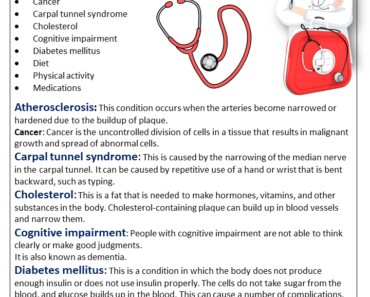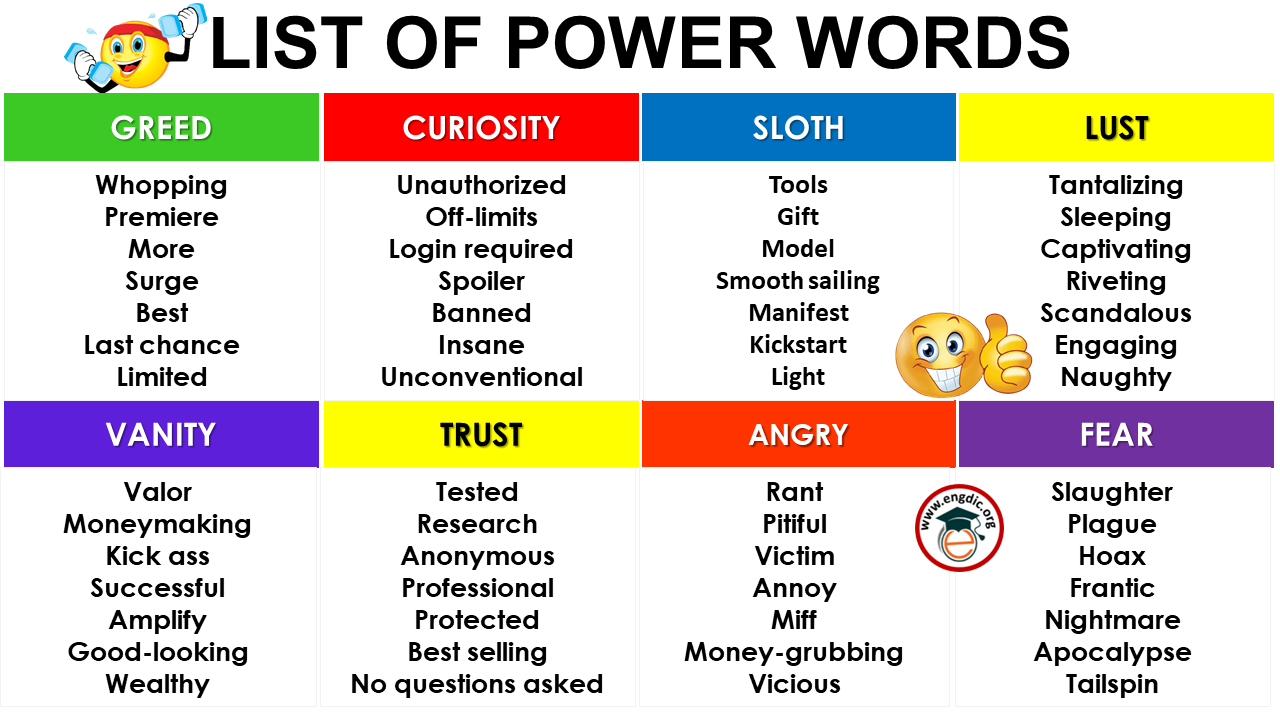Banking is an integral part of our daily lives, often weaving its way into our financial decisions and transactions. It’s a complex industry, steeped in history and evolving with technology. Understanding the terminology used in banking can empower individuals to make more informed decisions about their finances.
From managing savings to navigating loans, the language of banking is rich and varied. This post aims to demystify some of the most common terms used in the banking sector.
Let’s dive into these 20 essential banking terms and their meanings, providing clarity and insight into the world of finance.
Must Read: Business Words List
Words Associated With Banking and Their Meaning:
Below are 20 words associated with banking and their meaning:
- Account – A record of financial transactions for an individual or entity at a financial institution.
- APR (Annual Percentage Rate) – The annual rate charged for borrowing or earned through an investment.
- ATM (Automated Teller Machine) – A machine allowing individuals to perform financial transactions without a branch representative.
- Balance – The amount of money held in a bank account.
- Credit Score – A numerical expression representing the creditworthiness of an individual.
- Debit Card – A card used to electronically deduct funds from a bank account to pay for goods or services.
- Deposit – Money placed into a banking account.
- Interest – The cost of borrowing money or the return on savings or investments.
- Loan – A sum of money borrowed that is expected to be paid back with interest.
- Mortgage – A loan specifically for purchasing property or real estate.
- Overdraft – A facility allowing an account holder to withdraw more money than is available in their account.
- Savings Account – A bank account that earns interest on the deposited funds.
- Statement – A record summarizing the financial transactions in an account over a specific period.
- Transfer – Moving money from one account to another.
- Wire Transfer – An electronic transfer of funds across a network administered by banks.
- FDIC (Federal Deposit Insurance Corporation) – A U.S. government corporation providing deposit insurance to depositors in U.S. banks.
- Liquidity – The ease with which an asset can be converted into cash.
- Portfolio – A range of investments held by an individual or institution.
- Principal – The initial amount of money borrowed or invested, excluding profits or interest.
- Yield – The income return on an investment.
These terms form the foundation of everyday banking and are essential for anyone looking to navigate the financial world with confidence. Understanding these concepts is the first step toward making informed financial decisions.







